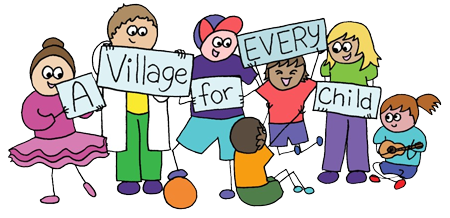A Good Start in Life
for Young Children
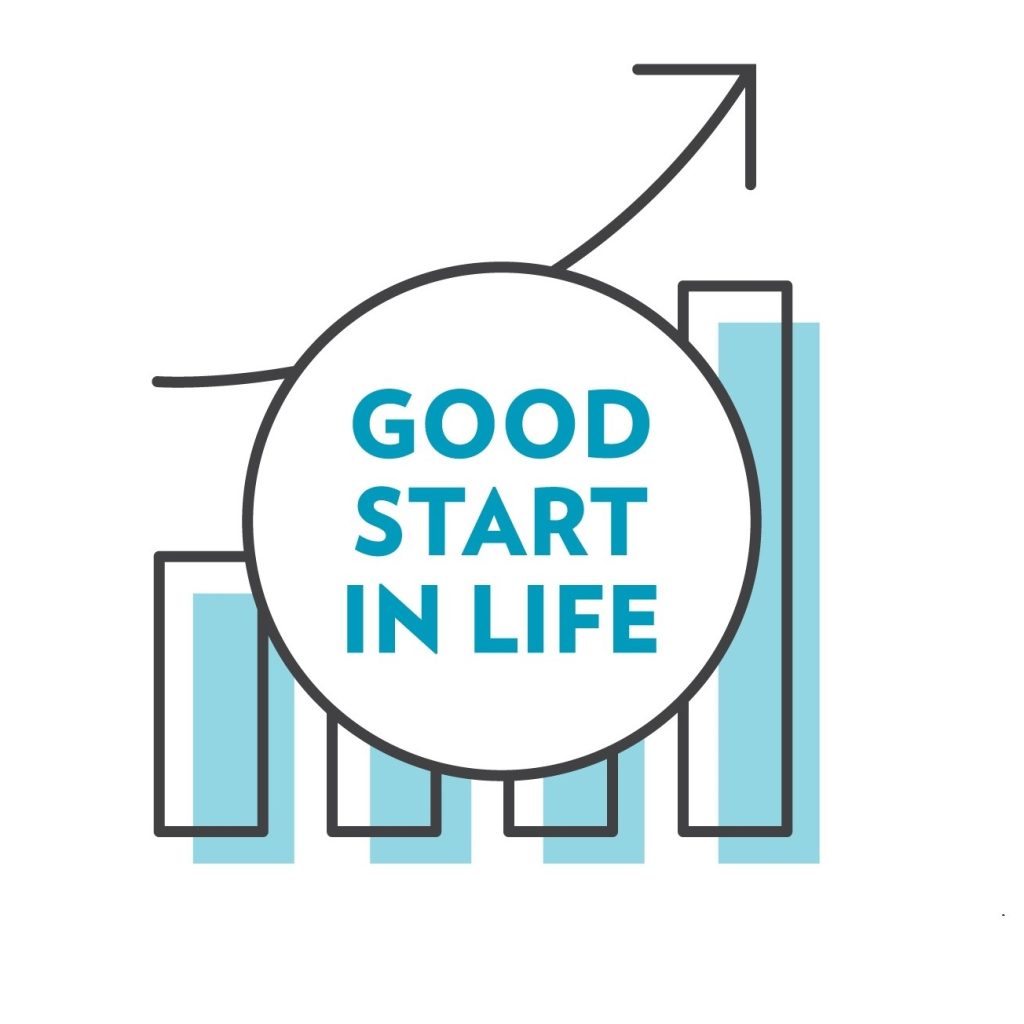
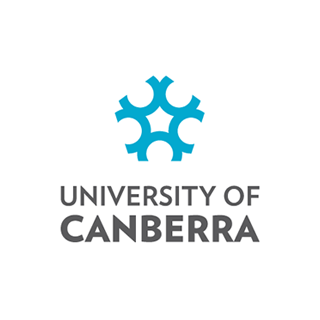
A study to reduce vulnerability and health inequality in the ACT
About the study
The early years of a child’s life significantly impacts their health and wellbeing not only during childhood but across the lifespan. Studies published to-date have reported positive lifelong effects of early intervention programs, not just on educational attainment, but also on income and interaction with the criminal justice system. Research has also demonstrated the effectiveness of high-quality, focused preschool programs in reducing the effects of social disadvantage, developing children’s social competence, physical and emotional health, and preparing children for a successful transition to formal schooling.
In recent years, the health, education and social service sectors have emphasised the importance of the first 1,000 days of life and has renewed its commitment to policies and programs that support early childhood health, wellbeing, and development.
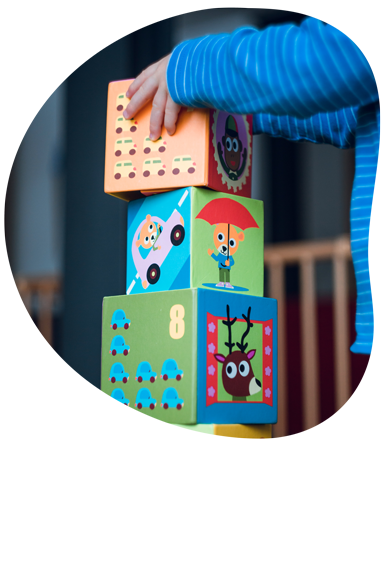
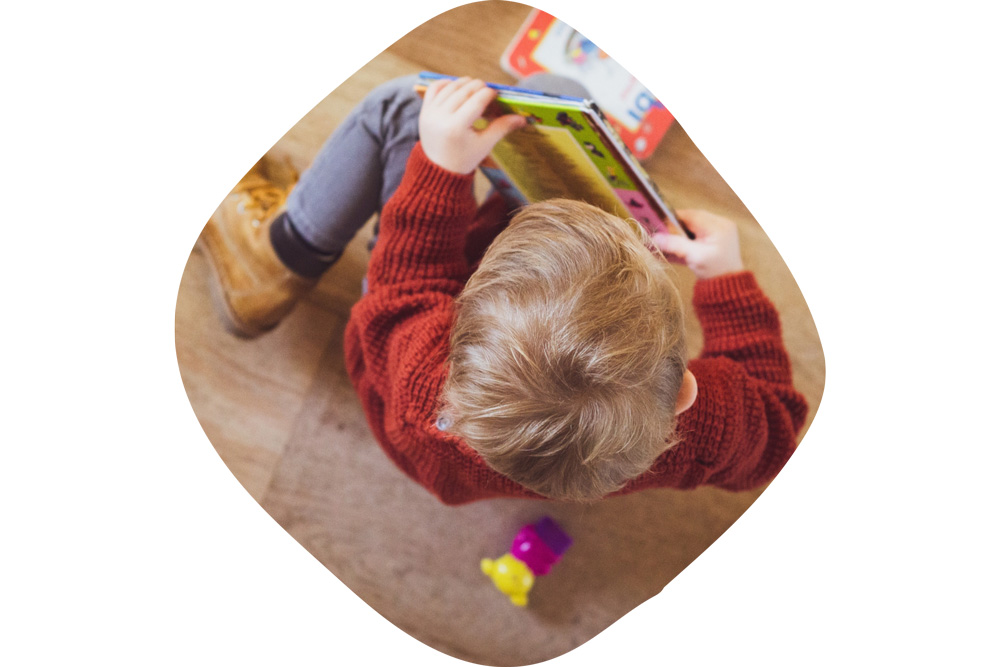
‘All Australian governments have committed in recent years, under a series of national partnership agreements and reform initiatives to improve early childhood development. Should the findings be positive, the proposed programme would offer significant national benefits.’
This is an independent study funded by the Medical Research Future Fund that aims to reduce the number of developmentally vulnerable children in the Belconnen District Area.

What are the current challenges?
While many children in the ACT are progressing well, an increasing number are falling behind. Data from the most recent national Australian Early Development Census (AEDC) in 2021 show significant increases in the percentages of children who are developmentally vulnerable in the 5 domains of:
- physical health and wellbeing
- social competence
- emotional maturity
- language and cognitive skills
- communication and general knowledge


Where will the study be conducted?
Suburbs in the Belconnen District who have shown trends of increasing vulnerability between the 2012 and 2018 AEDC Census will be included in the study, as shown on the map below. A wide range of services and programs to support young children and families will be targeted to these areas of need over a 3-year period to improve childhood development.


What is the main aim of the study?
This study will evaluate a multi-sector, multi-component, and integrated services/interventions for improving the health and wellbeing of children who are at risk of development vulnerability.
‘The overall significance of the project is to guide public health policy efforts in promoting health and wellbeing for early childhood (birth–5 years) and to inform local support efforts focused on the community and broader systems level.’
What are the
programs being offered?
A wide range of place-based services and activities will be offered, such as:
Good Start in Active Play (based on the KAPAP program)
The Good Start in Active Play training helps early childhood educators and feel confident to promote active play and teach fundamental movement skills to 3- to 5-year-old children. Training includes practical ‘hands on’ skills sessions to assist educators to apply the learnings in their setting. Types of play encouraged include structured and unstructured play, indoor and outdoor play, playing alone or in a group. Active play encourages fine and gross motor skill development, socialisation, confidence, self-esteem, thinking skills and emotional regulation. This program enables providers to encourage children to engage in the recommended 25 minutes of active play per day and facilitate free play opportunities.
Family Liaison Coordinator
Most children and their caregivers encounter a myriad of systems throughout the course of their child’s development. For families who face complex challenges and multiple disadvantages in their everyday lives, navigating the different health, education and community sectors and multiple service networks can be extremely challenging. The Family Liaison Coordinator will work with families and services across our intervention sites to bridge systems and services. The Family Liaison Coordinator will facilitate better connections between professionals, services and sectors, facilitate continuity of care for children, parents and caregivers and support and educate the professionals that they work alongside.
Outreach Allied Health
In the ACT there is an unmet need for the delivery of occupational therapy and speech pathology services for all young children and in particular disadvantaged, low income and refugee and migrant families. Allied health services including speech, OT and nutrition will be delivered at local playgroups, early childhood education and care centres and pop up loose parts play to individuals and small groups of children and families as well as early childhood educators and support workers.
Loose parts play ‘pop-ups’
Loose parts play is a type of play that supports invention, divergent thinking, problem solving, helps to develop and refine gross motor-skills and encourages children to challenge themselves and explore their physical abilities in a safe environment. These activities will be provided in public spaces and places, in local neighbourhood areas, playgroups and preschools. Pop-ups that are open to the public will be advertised on https://www.facebook.com/goodstartinlife

Partnerships and engagement with local stakeholders
This project is being supported by several partnerships with local stakeholders and organisations, including:
- Canberra Region Community Services
- West Belconnen Child and Family Centre
- ACT Playgroups
- ACT Government (Community Services Directorate, ACT Health, Women, Youth and Children Community Health programs)
- Uniting Care Kippax (Village Project)
Project
Advisory Board
The UC Good Start in Life Advisory Board provides an opportunity for researchers and key stakeholders to provide guidance and advice. Advisory Board Members include:
- Brian Mupangure – West Belconnen Child and Family Centre
- Carley Jones – EO ACT Playgroups
- Tracy Power – AEDC Strategic Coordinator
- Bill Caddey – Capital Region Community Service
- Fiona Jarvis – Community member
- Carolyn Thomas – Women, Youth and Children Community Health Programs
- Elena McEvoy – Uniting Care Kippax

How will the project success be measured?
The main measure of success will be the percentage of Grade 1 children classified as developmentally vulnerable one or more domain assessed from the Australian Early Development Census (AEDC 2024). We anticipate that in our target suburbs, we will have fewer children who are classified as at risk of developmental vulnerability, compared to the AEDC 2021.
Other measures will include the level of service integration as perceived by service partners, and qualitative feedback from program staff, parents/ families to gain the insights and experiences of multiple stakeholder groups. We will seek to understand the multitude of factors that facilitate or impede program delivery and parental/ child engagement, access, uptake of referrals and service utilisation.
For more information, email goodstartinlife@canberra.edu.au
